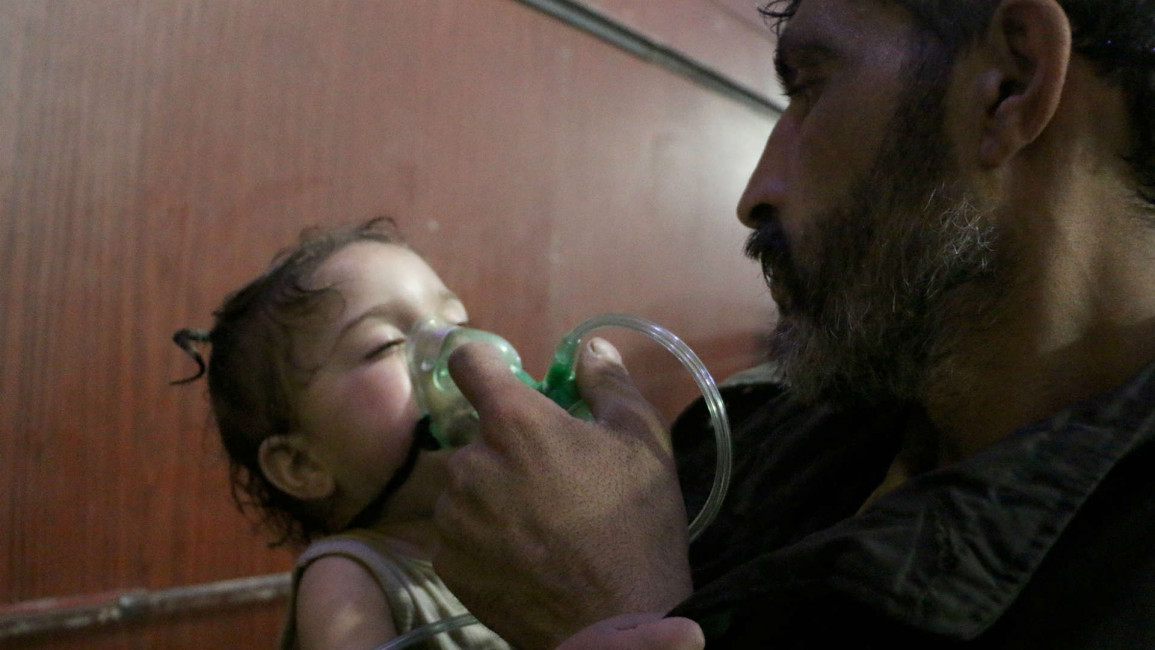In face of whistleblower claims, chemical watchdog defends Syria attack report
The Wikileaks website published an email at the weekend from a member of the team that investigated the attack in the town of Douma in April 2018 which accused the body of covering up discrepancies.
Russia and its allies have seized on the email and an earlier document which both question the conclusion by the Organisation for the Prohibition of Chemical Weapons (OPCW) in March 2019 that chlorine was used in Douma.
The UK, France and the US unleashed missile attacks on three suspected chemical weapons facilities run by President Bashar al-Assad's regime after the attack.
First responders said 40 people were killed in Douma.
"It is in the nature of any thorough inquiry for individuals in a team to express subjective views," OPCW Director General Fernando Arias said in a speech to the body's annual meeting in The Hague.
Syria Weekly: A small step towards the fight for justice for Assad's victims
"While some of these diverse views continue to circulate in some public discussion forums, I would like to reiterate that I stand by the independent, professional conclusion" of the probe.
Details of the Douma incident have now been passed to a new OPCW team that has the power to name the culprits behind chemical attacks in Syria, Arias said.
At the time of the initial Douma probe, the OPCW only had the mandate to say whether or not toxic arms had been used, without being able to point the finger at the perpetrators.
The email by an unidentified investigator quoted by Wikileaks expresses the "gravest concern", saying the OPCW report "misrepresents the facts" and contains "unintended bias."
It focuses on the levels of chlorine allegedly found at the site, and whether or not barrels believed to have contained the chemical had been dropped from the air or placed manually there.
Russia and Syria have alleged that the incident was staged.
The OPCW has already launched an internal investigation into the leak of the earlier document by a member of the Douma team raising similar concerns.
Follow us on Twitter and Instagram to stay connected



